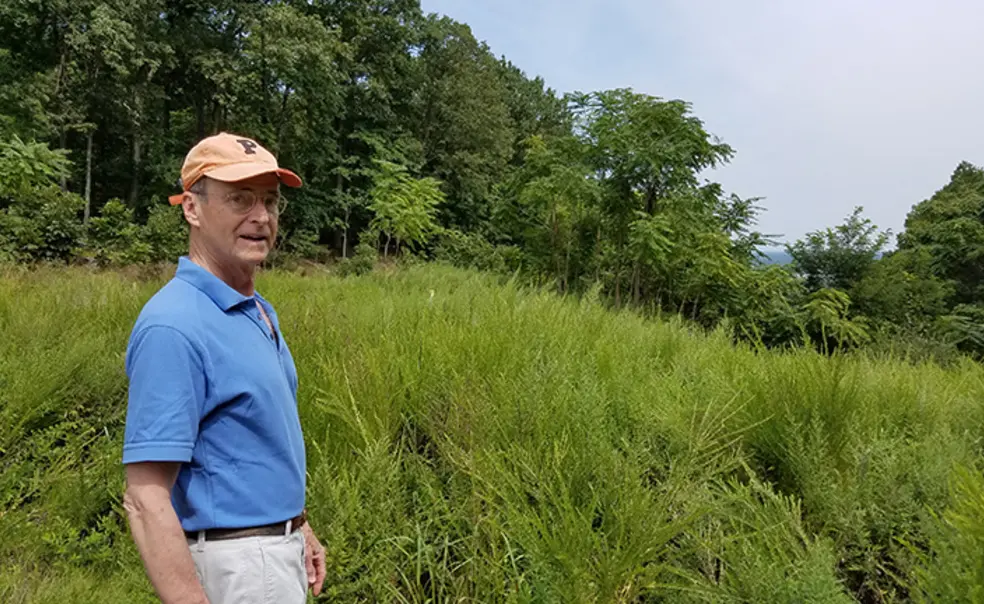Paul Hanle ’69 Is Educating Judges About Climate Science
‘There is an opportunity for us to have a much broader appreciation of science,’ Hanle says
Paul Hanle ’69 has a gift for explaining science to non-scientists. He’s been doing it for decades — to families and teachers through science museums, and later to adults through agencies on up to the White House and the United Nations.
Now he’s explaining the science of climate change to a group of people with real power to act on it: judges.
About three years ago, Hanle helped found the Climate Judiciary Project at the Environmental Law Institute. It fills a need that’s growing primarily in the U.S. but also internationally, as more lawsuits are filed over climate change and appear before judges who don’t often have a science background.
“I knew that judges were making critical decisions about these cases,” Hanle says. “These are people who are charged with a really important responsibility, and they have earned that charge by being intelligent, inquisitive, weighing evidence, looking at the facts, and trying to be as unbiased as possible — what a perfect audience for educating about the facts of climate science.”
Hanle studied physics at Princeton and went on to do the same at Yale before his interest grew in the history of science. Earning a doctorate in the subject, he examined “how ideas are generated, how people think in a creative way that leads to new discoveries,” he says.
With that expertise, Hanle worked on opening the Smithsonian Air and Space Museum, curating an exhibit on how aviation has impacted society and on Albert Einstein for the National Museum of American History. He then became CEO of the Maryland Science Center, a hands-on science museum in Baltimore.
Later he landed at the Princeton-based Climate Central, where journalists and scientists work to educate the public about climate change through the media and the nonprofit’s own independent news outlet. One major accomplishment, Hanle says, was at the United Nations’ Paris climate conference in 2015, when Climate Central helped representatives understand the massive difference in global flooding that would result from just half a degree of global temperature rise.
Like Climate Central, the judiciary project focuses on the science of climate change, not politics or policy, Hanle says. It has tapped top researchers, adding to its credibility. Since beginning in 2018 witih both federal and state judges, the initiative has been well received. At first, its seminars could enroll about 30 people; now its pandemic-era webinars bring in 100 to 200 each.
There are about 1,500 pending court cases involving climate change in the world, and about 1,300 of them are in the U.S., Hanle says. That number will only grow. Some are trying to hold emitters responsible for damages or hold up projects over permits; others claim climate change fundamentally violates human rights.
In many ways the pandemic has laid bare the challenges of scientific understanding in the public sphere, but Hanle remains optimistic. One reason: Science education is increasingly doing a better job of paying attention to racial and socioeconomic diversity.
“There is an opportunity for us to have a much broader appreciation of science, if society values it — and I think it does value it more than it has valued it before — and where social leadership says this is important and we should be paying attention to it.”










No responses yet